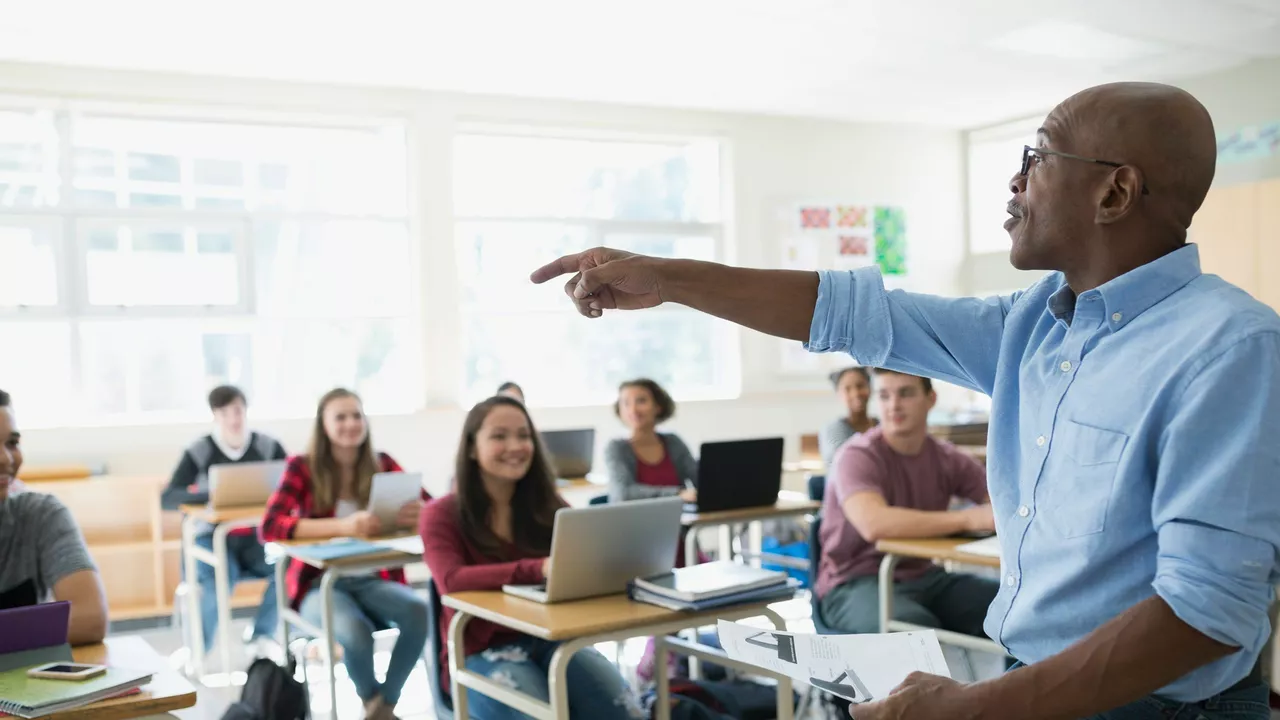Peeling Back the Veil of the Elite: Private Schools and Special Education
Take a walk with me. Go past the proverbial shiny gates of a private school, where every leaf on each perfectly manicured foliage is a testament to the privilege that nestles behind them. The air is crisp, clean, redolent with the scent of expectations, ambition, and success. You can almost taste the promise of success on the tip of your tongue. Ah, private schools! But have you ever wondered what happens when academic needs deviate from the set track designed meticulously for the cream of the crop? You know what I'm talking about - how do private schools handle special education students?
Unravelling the Approach to Special Education in Private Schools
We all know that private schools have a mythical status - a reputation often built upon elite scholarly performance, superlative facilities, and an aura of excellence. However, when it comes to catering to the unique needs of special education students, they weave their stories with a different thread. And to truly understand it, we need to rip apart our preexisting notions and scrutinise what's beneath.
Now, let's not misunderstand what I mean by "special education". It's not solely dictated by cognitive or physical disabilities - students with learning disabilities, behavioural issues, students who are exceptionally gifted - they all fall into this category. They require different, specialized strategies to learn effectively - just like my son, Orion, who's blessed with an uncanny ability for numbers but struggles with reading. I quickly learned that the one-size-fits-all approach doesn't work here, especially not for him.
Professional Support within the Ivory Towers
In many private schools across the world, a dedicated team is employed to support these special education needs. This team typically consists of trained special educators, therapists, psychologists and counsellors that work closely with individual students, scheduling sessions either within or outside the regular curriculum. They appraise each student's specific needs and strengths and tailor an Individualized Education Program (IEP), a common practice in special education, accordingly.
Their role isn't just constricted in academic upliftment either. They focus on holistic development, even going beyond the school parameters if need be. It's all about creating an environment where every child can thrive and become authors of their own growth stories. It's about ensuring that the child is day by day making effective strides despite the challenges. I often recall how my daughter, Cassia's dyslexia diagnosis first made us anxious and then motivated when the extraordinary special educators walked the extra mile with her, transforming every challenge into an opportunity.
Accommodations: Making it Even on Uneven Ground
Private schools often provide necessary accommodations that enable special education students to perform at their best. These can range from extra time on tests, specific seating arrangements, different test formats, to the use of technology. At first glance, one might consider it as preferential treatment or an advantage over mainstream students. But it's more about levelling the playing field - giving them that extra boost to overcome their difficulties and perform at par with their peers.
Accommodations in a broader sense also include modifications to the curriculum. More challenging courses might be substituted with those suitable to student's pace and capabilities. The goal here isn't to limit their potential, but to empower them to tackle their specific challenges head-on and overcome them in their unique way. So, by these nuanced means, private schools forge an inclusive environment conducive for special education students to overcome their limitations and grow.
The Power of Parent-School Partnerships
And let's not forget the parents in this journey. It's a path best navigated when the schools and parents form a sturdy alliance. Regular meetings, one-on-one discussions, collaborative decision-making - these strengthen the bond and ensure the child is at the heart of every decision.
Private schools also offer workshops and training programmes for parents, providing them insights into their child's learning needs and practical strategies to aid them at home. It's not only a learning curve for the special students but also for us parents. And with the intimate setting that private schools afford, the journey is not as daunting as it might seem.
Breaking Free from the Notion of 'Norm'
In conclusion, it's notable that private schools have come a long way from catering primarily to the gifted, the academically inclined. From my journey as a father, I've learned that each child is unique, each with possibilities brimming. And it's heartening to see these institutions stepping up to embrace this diversity and ensure that every student, irrespective of their capabilities, is given a fair chance to chase their dreams.
While the journeys of private schools towards including and effectively catering to special education students are varied, the heartwarming reality is that progress is tangible. The assumption that private schools are cocooned in their ivory towers of academic excellence, oblivious to the needs of special education students, is steadily being dismantled. The varied threads of these stories, woven expertly, contribute to the rich tapestry of education, making it more wholesome, inclusive, and empathetic than ever before.
